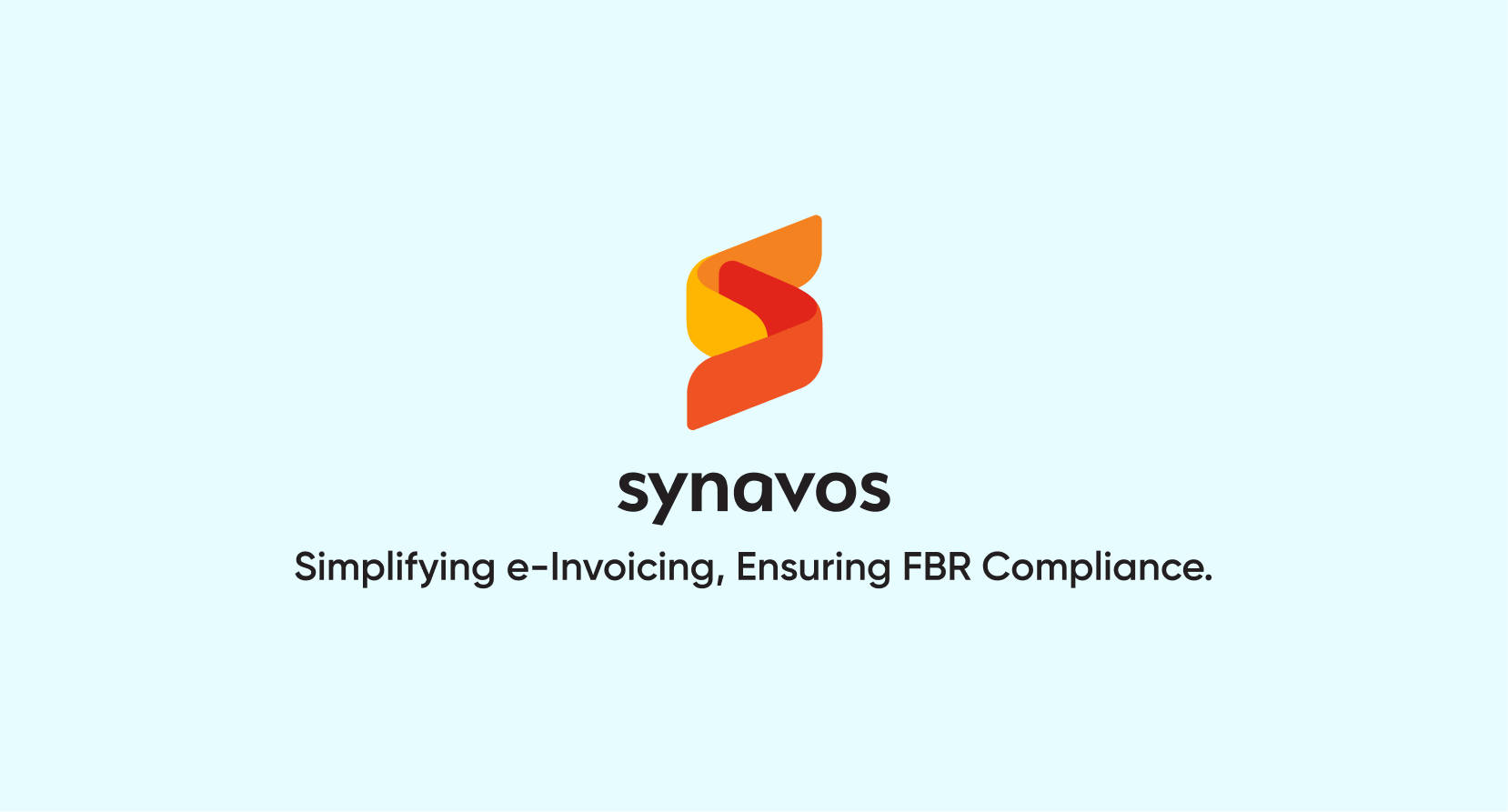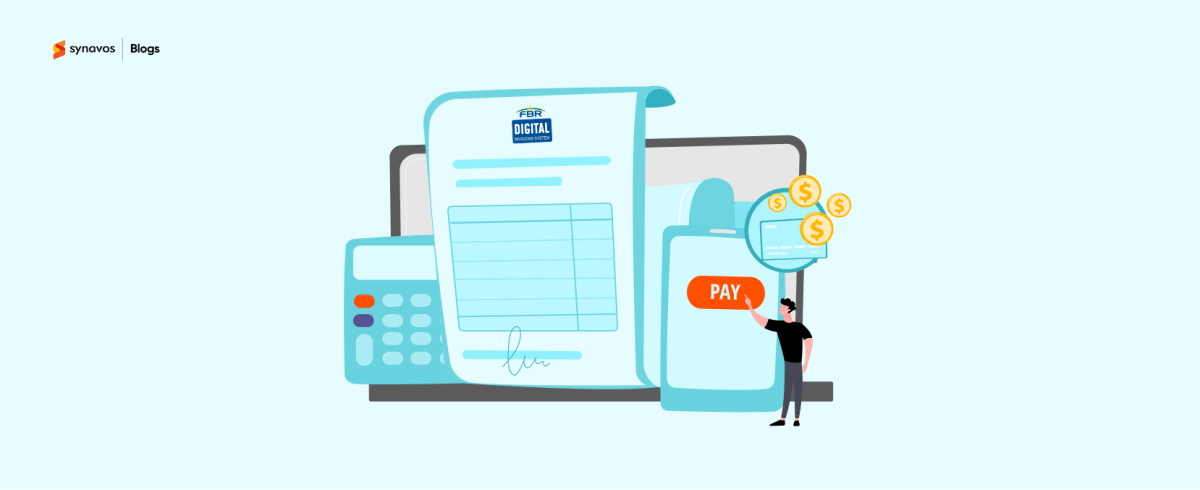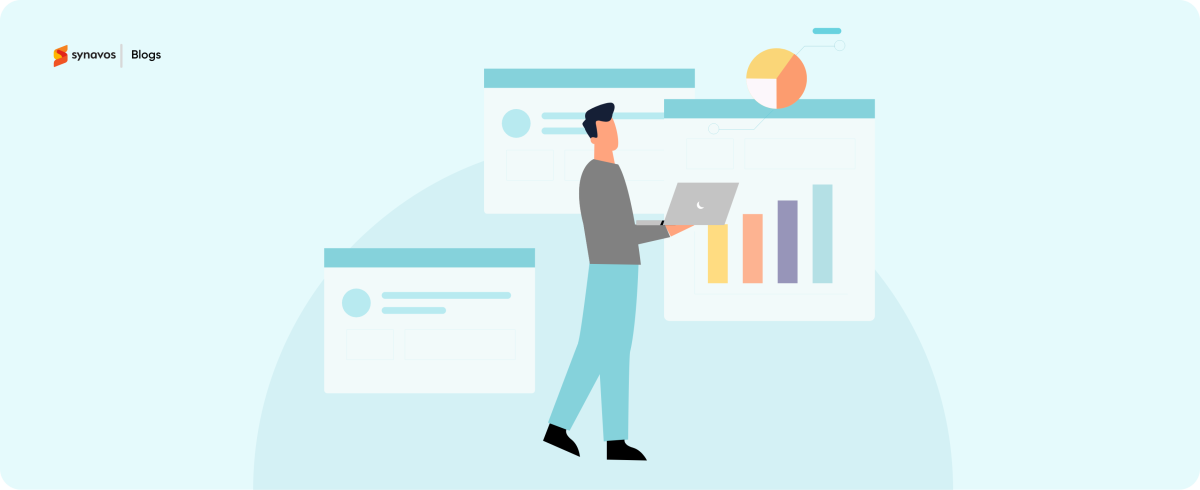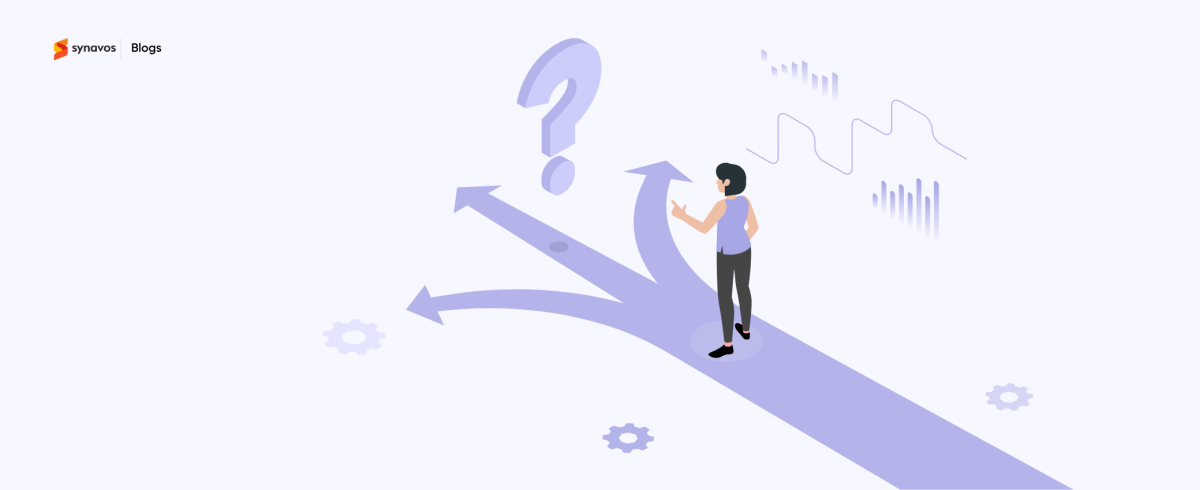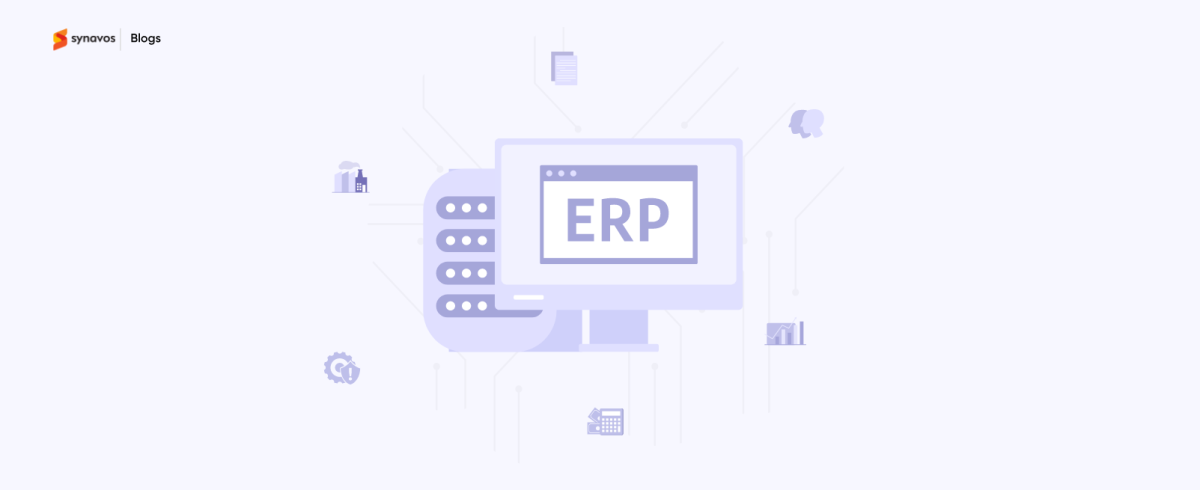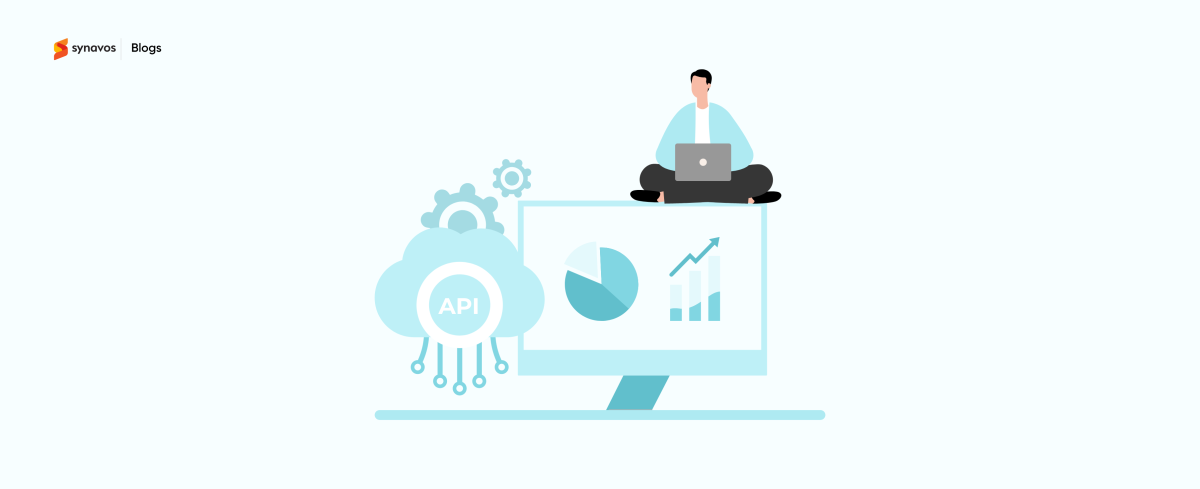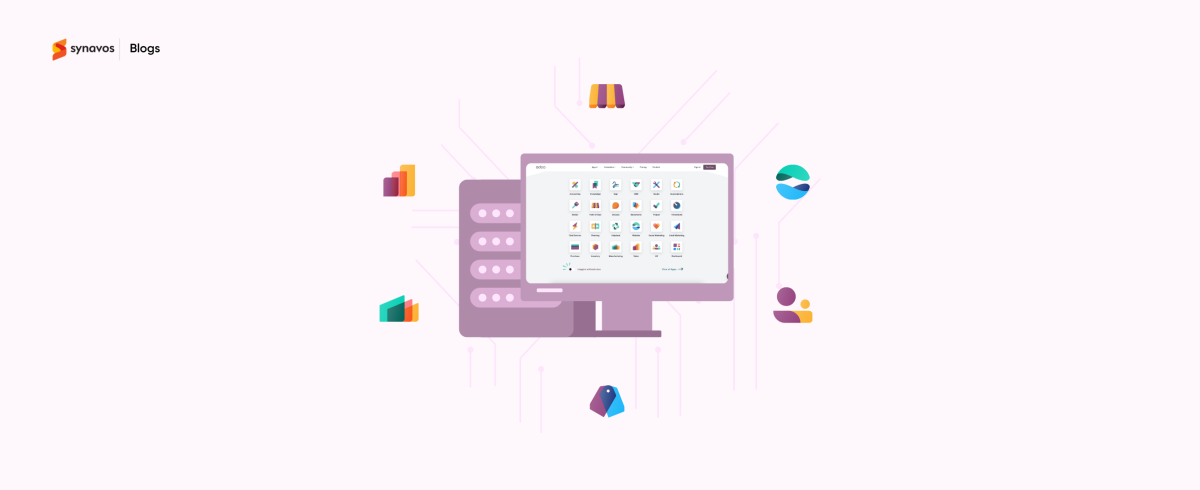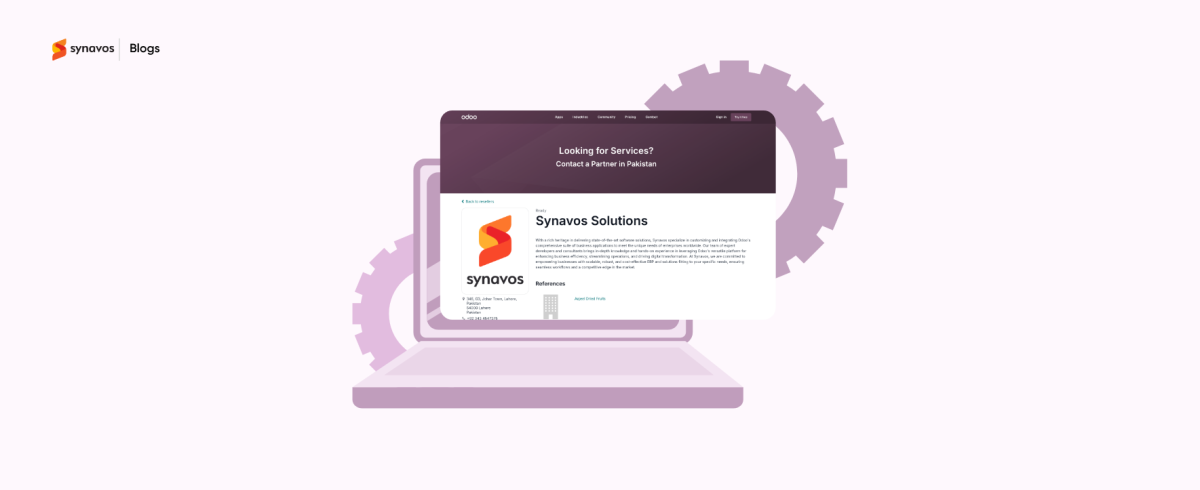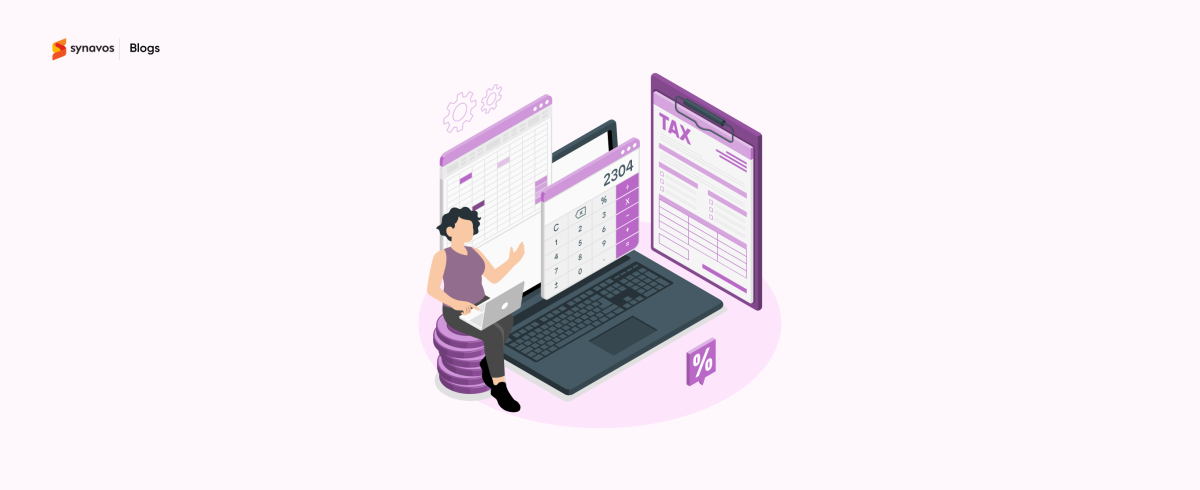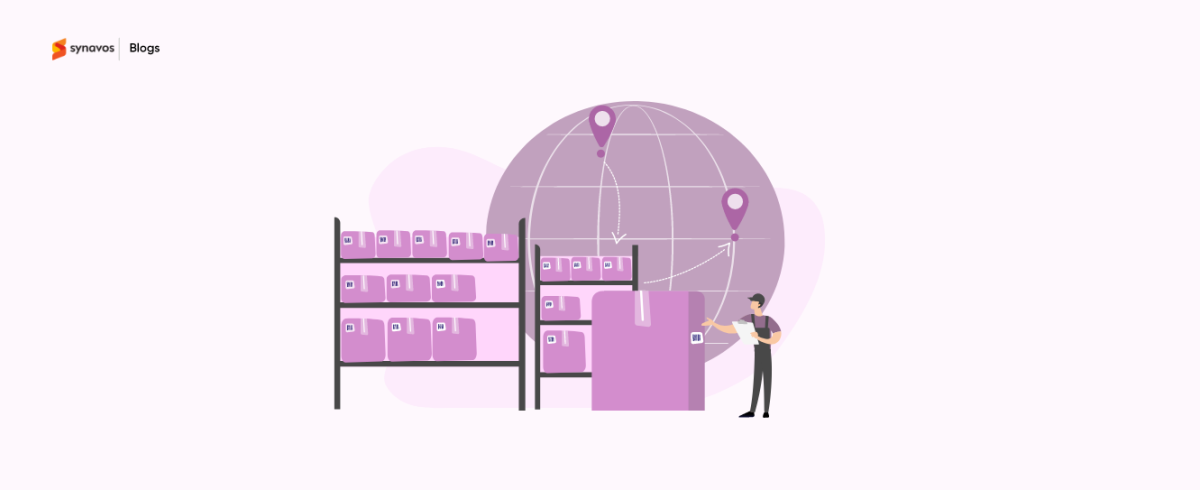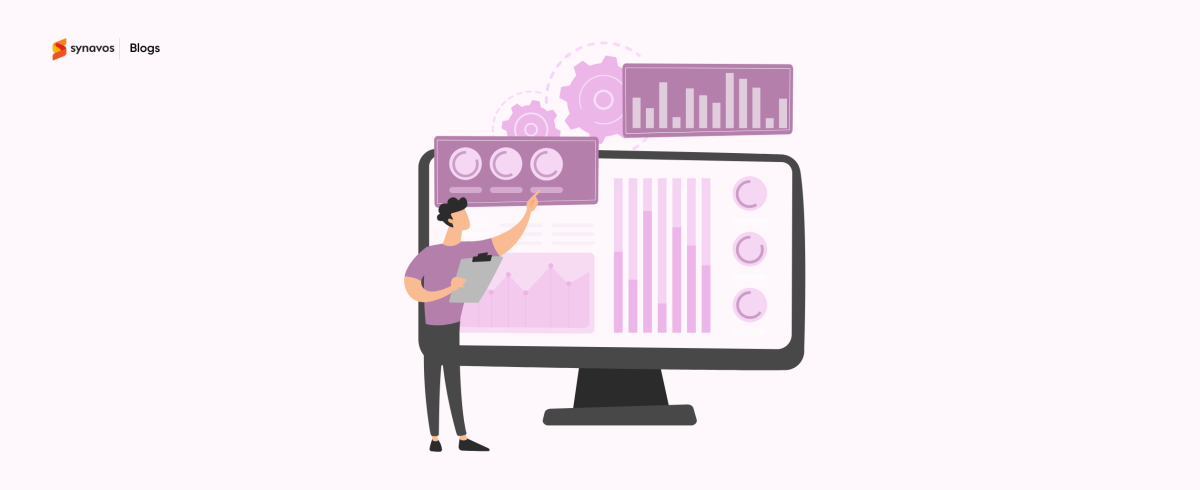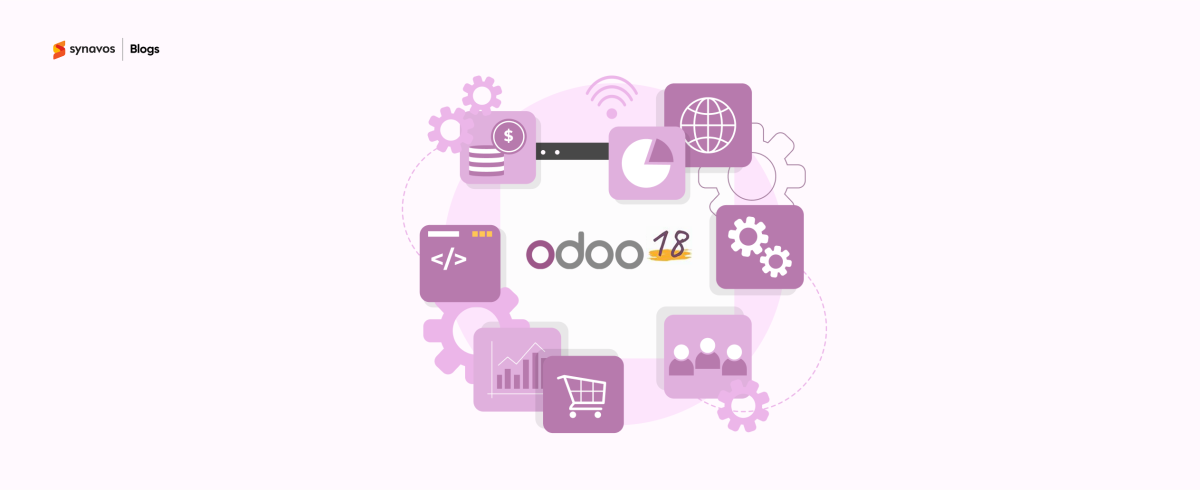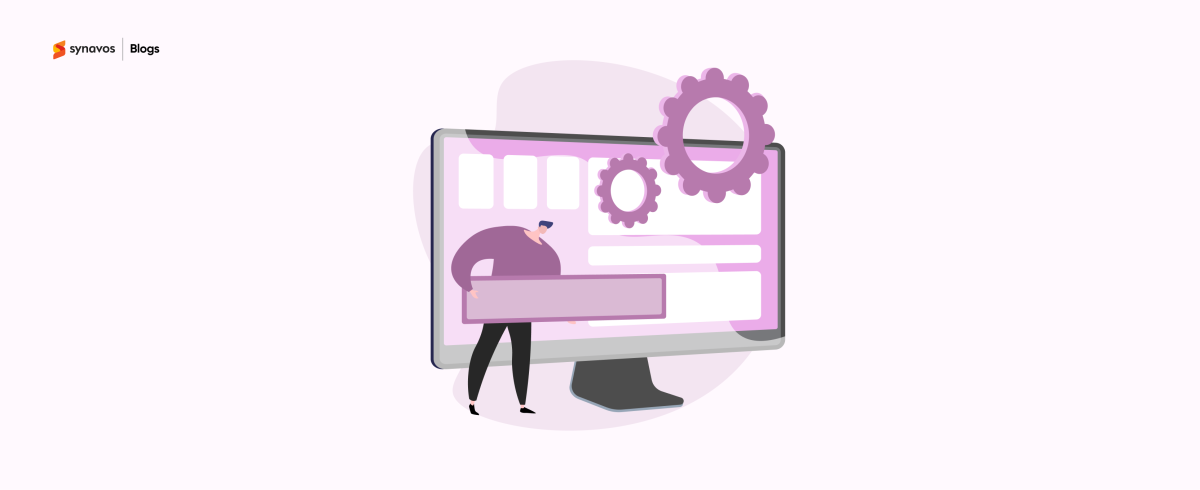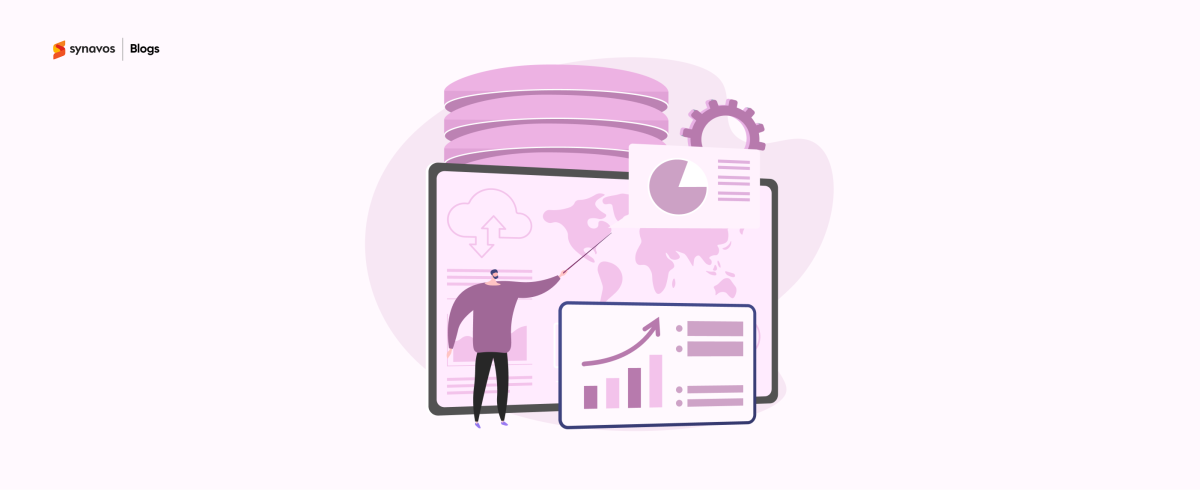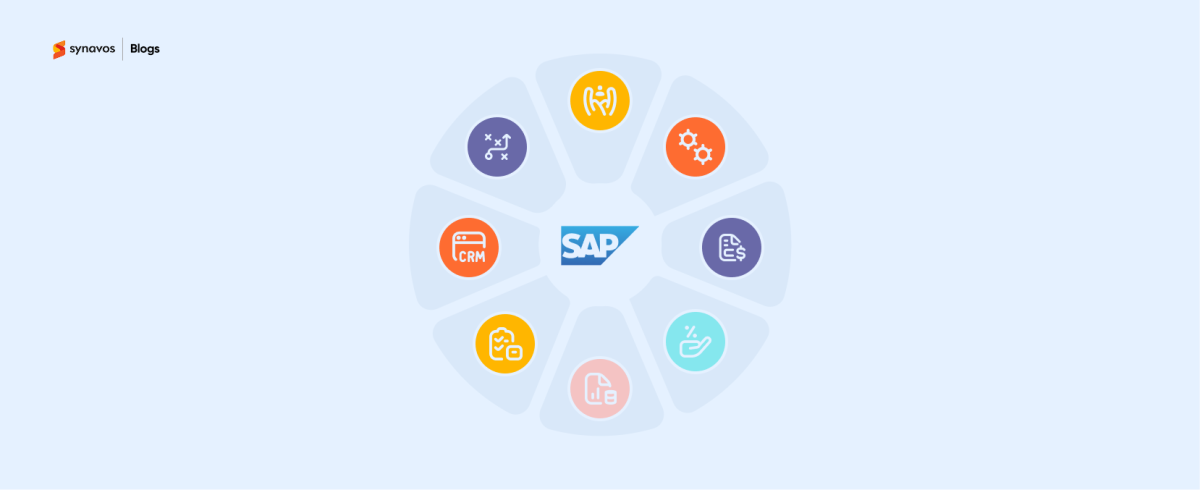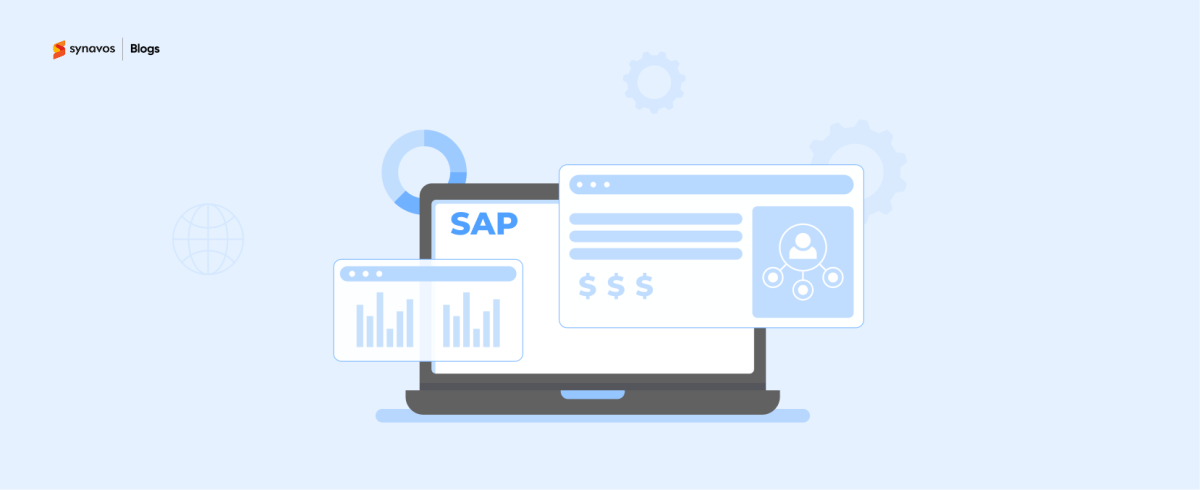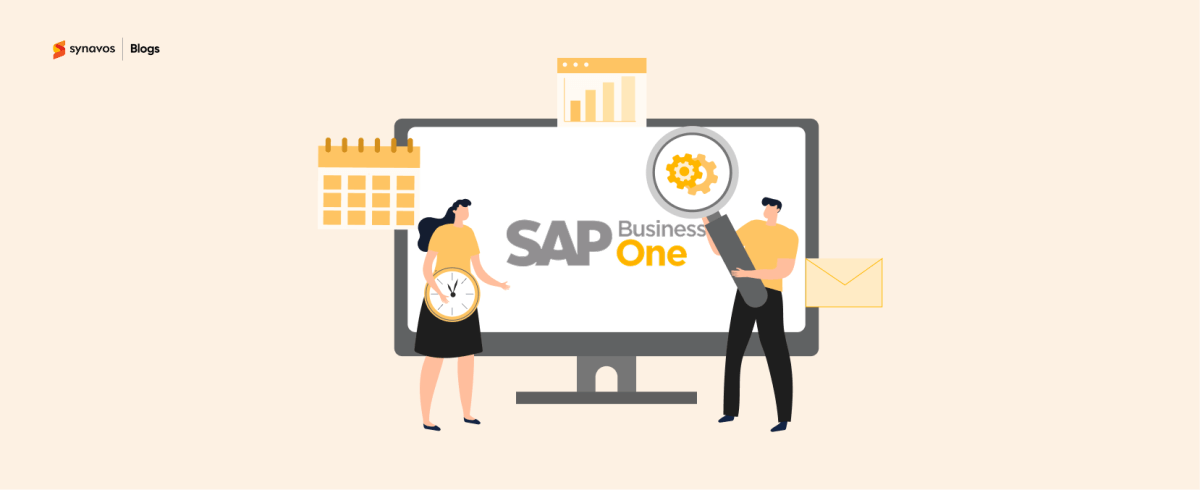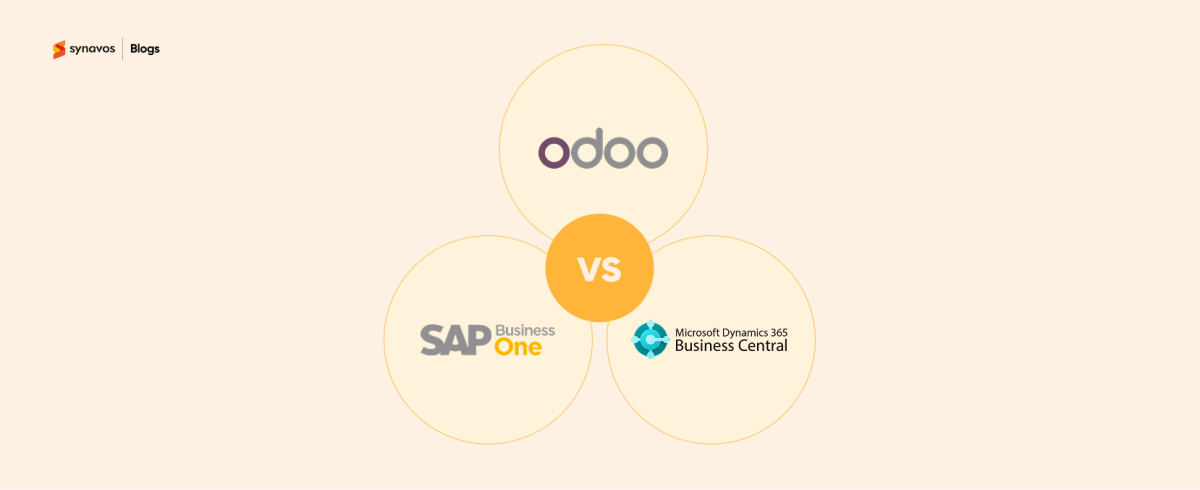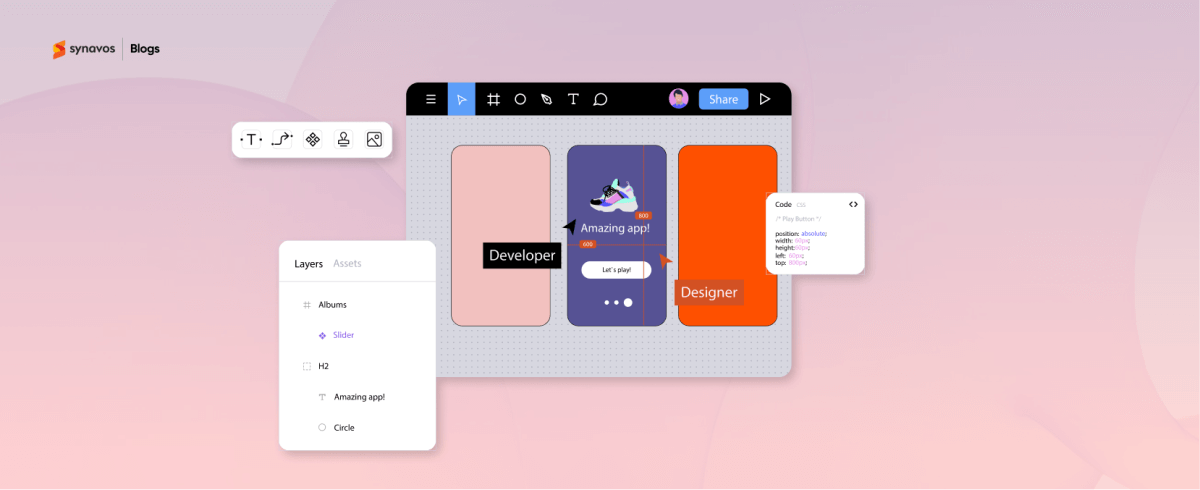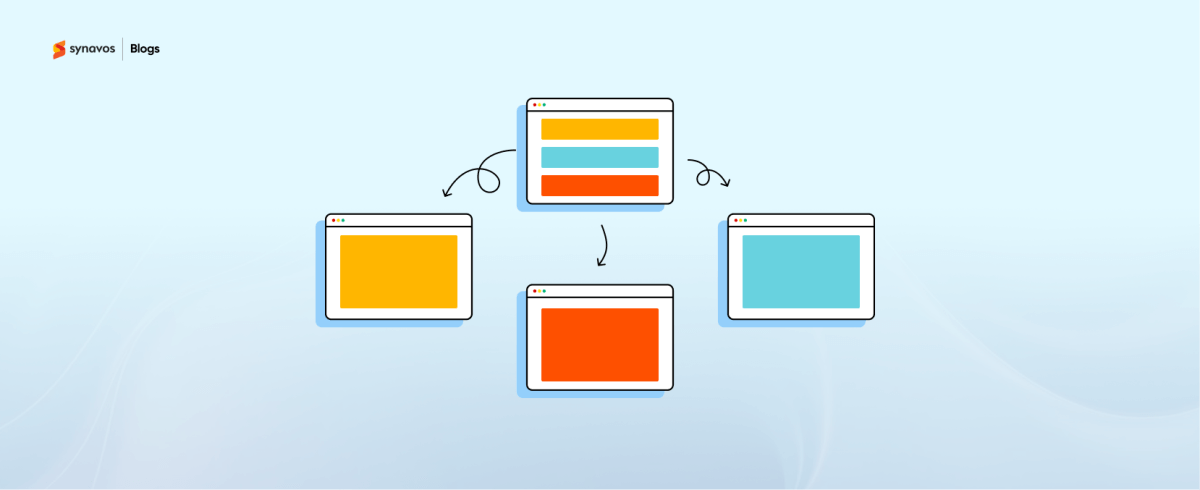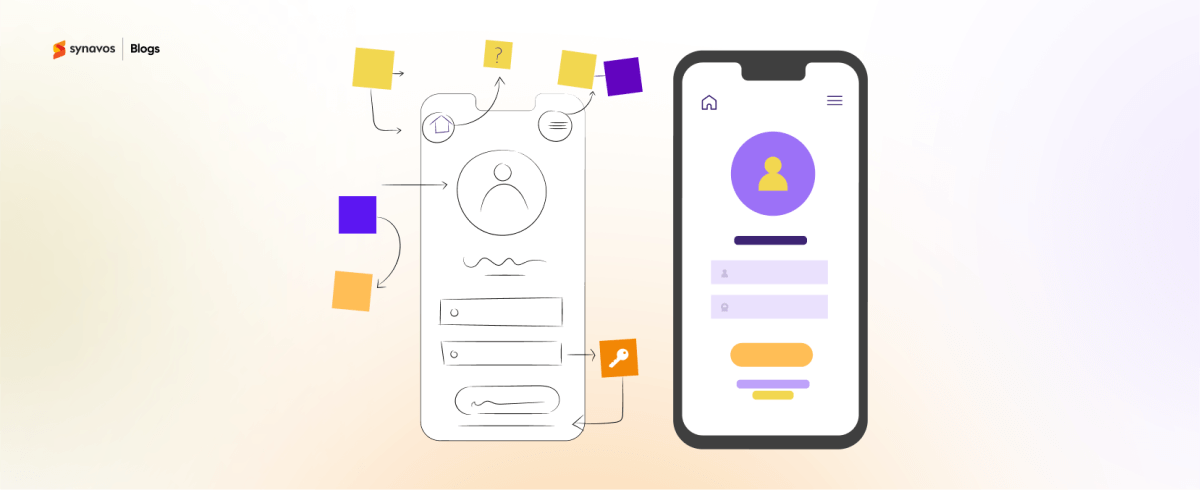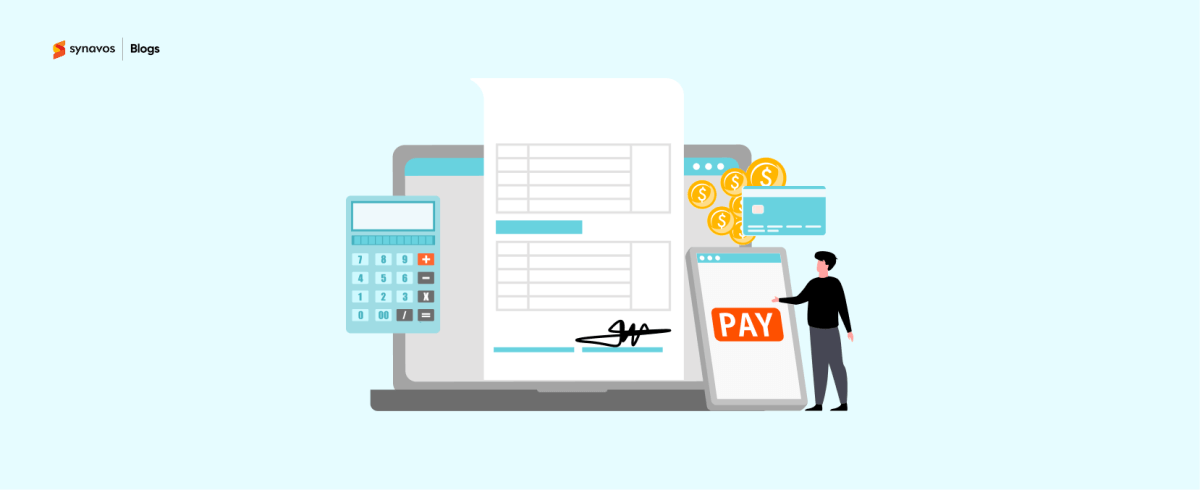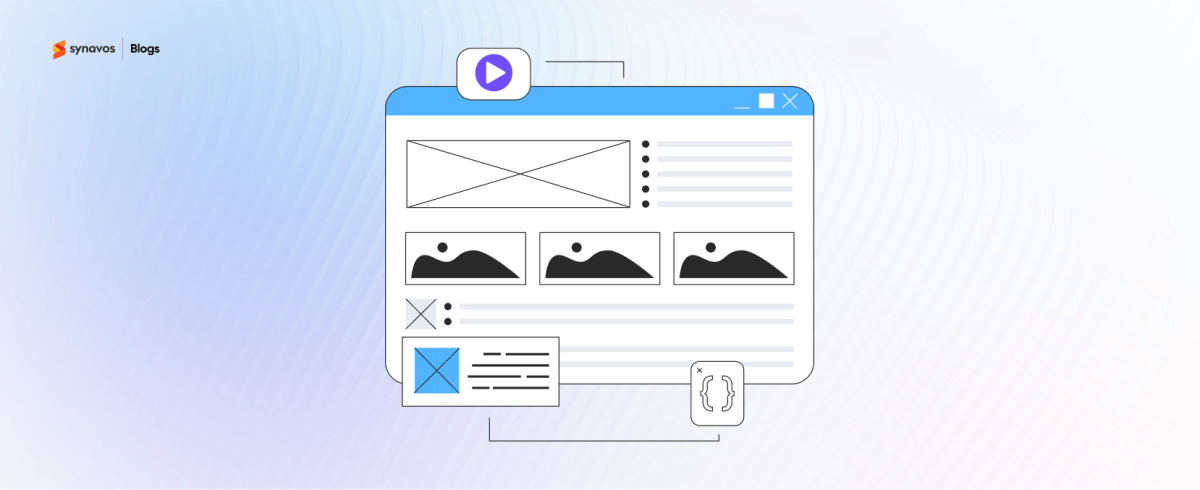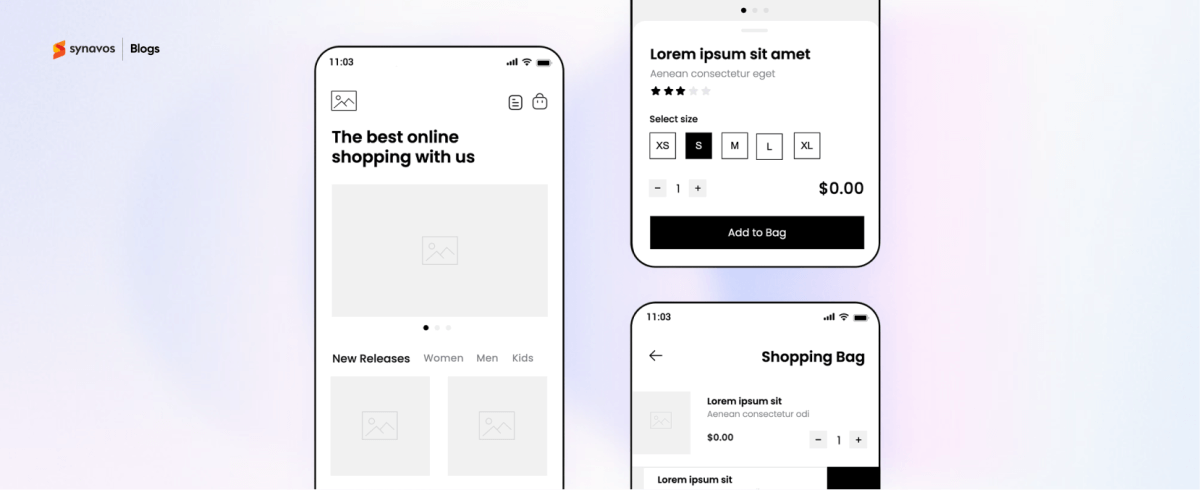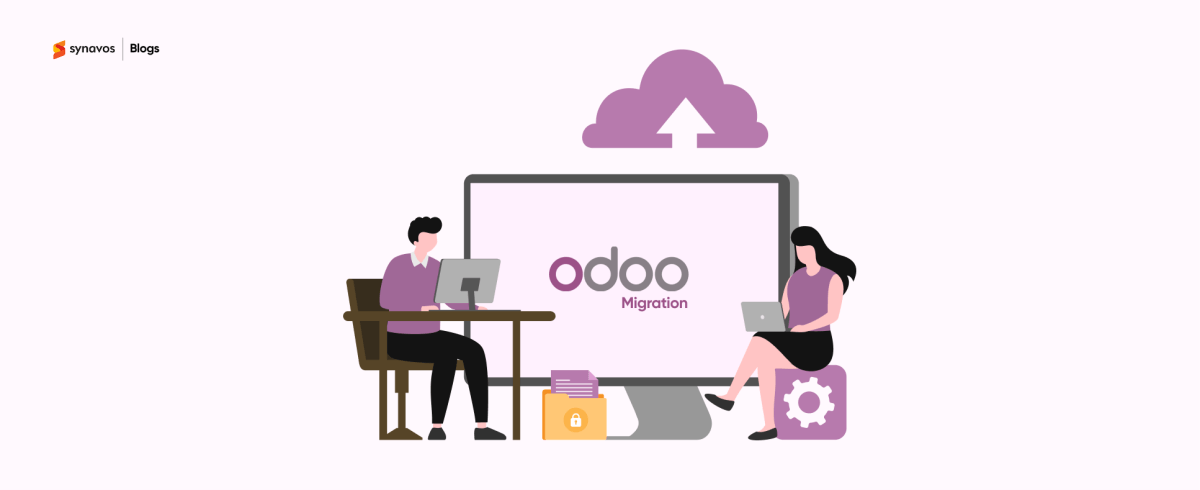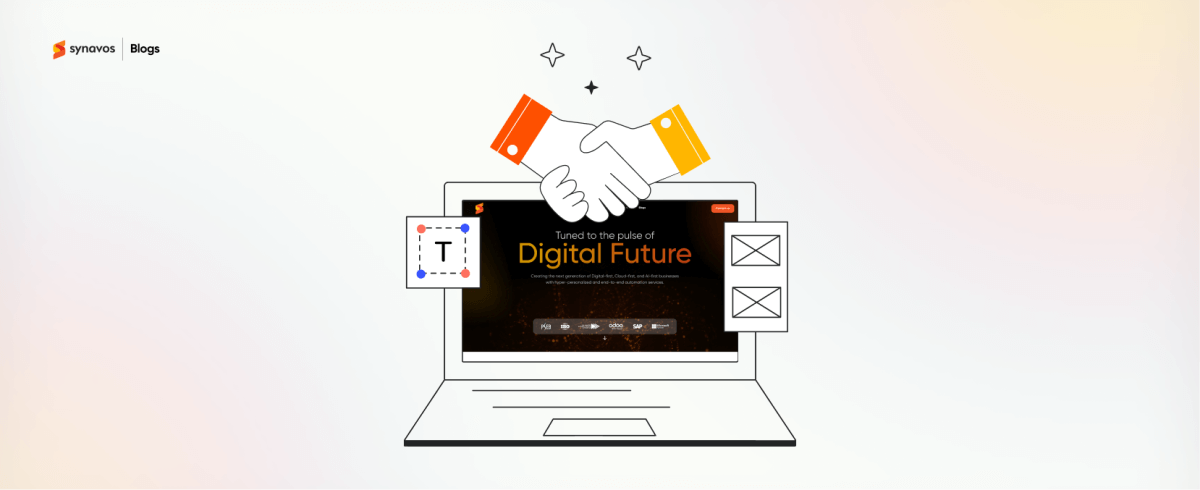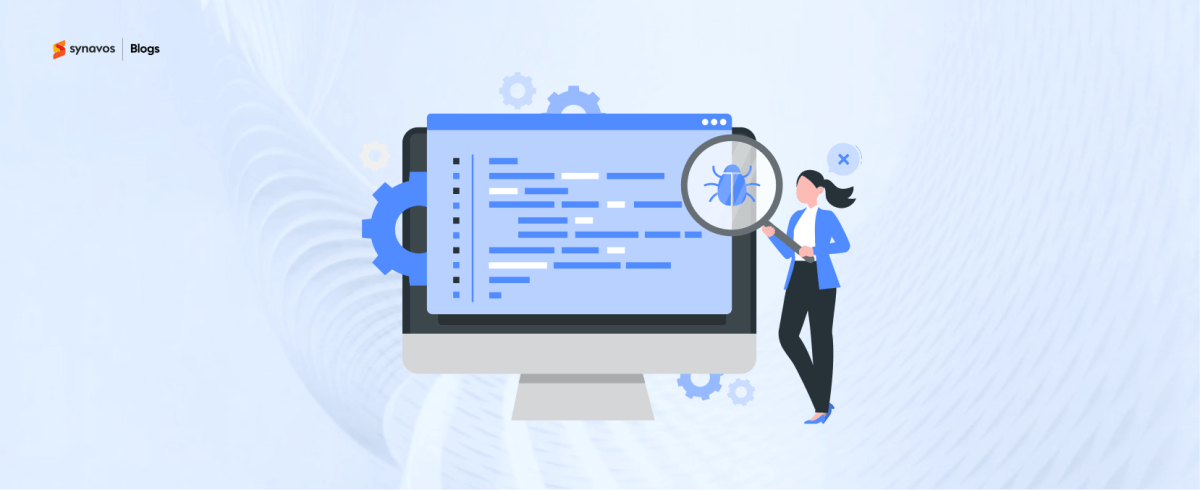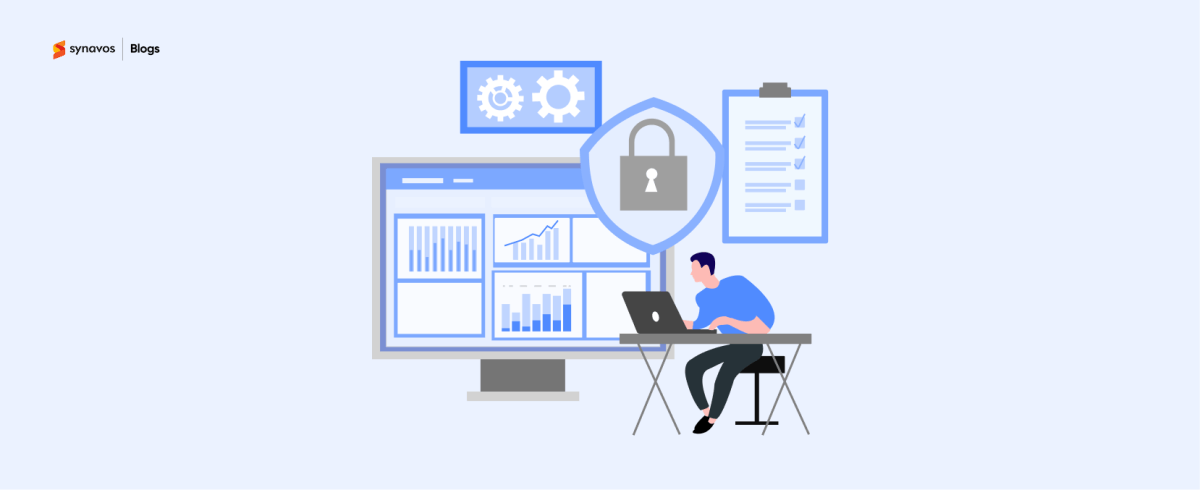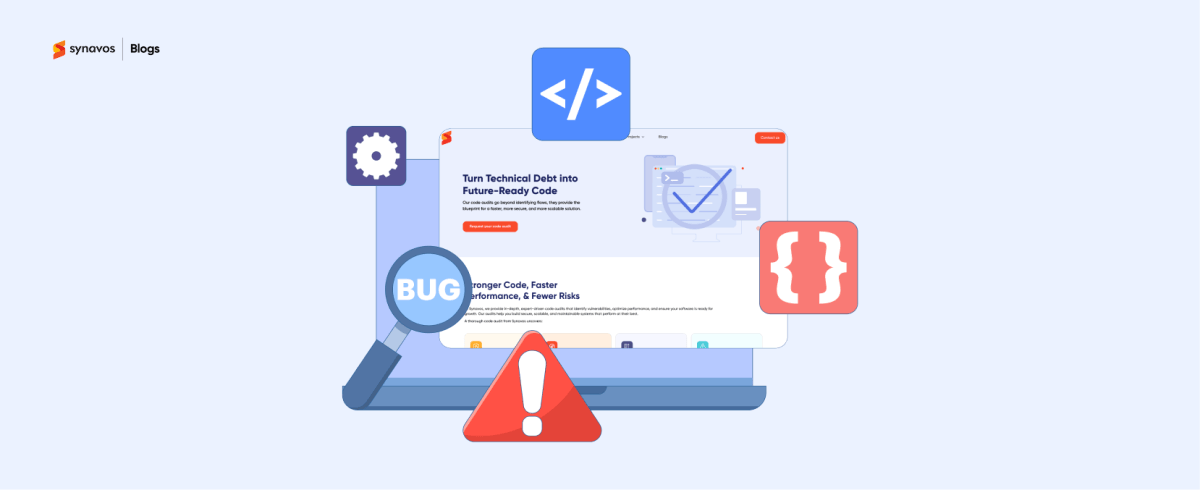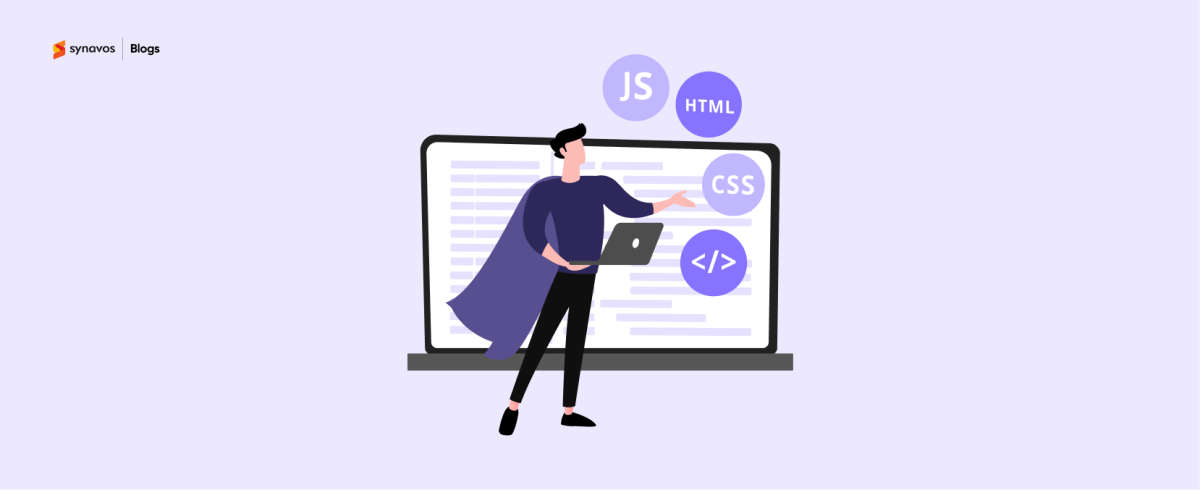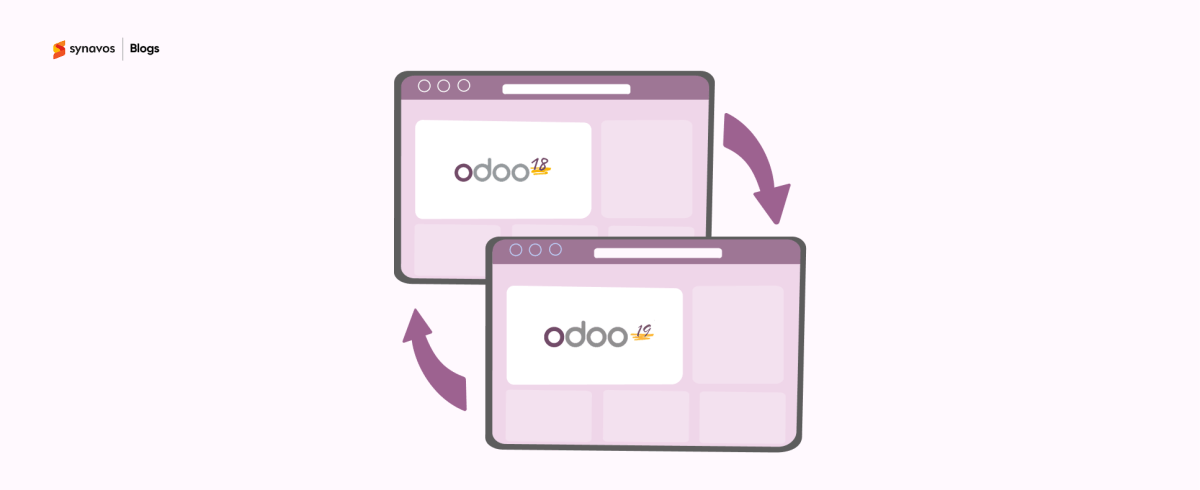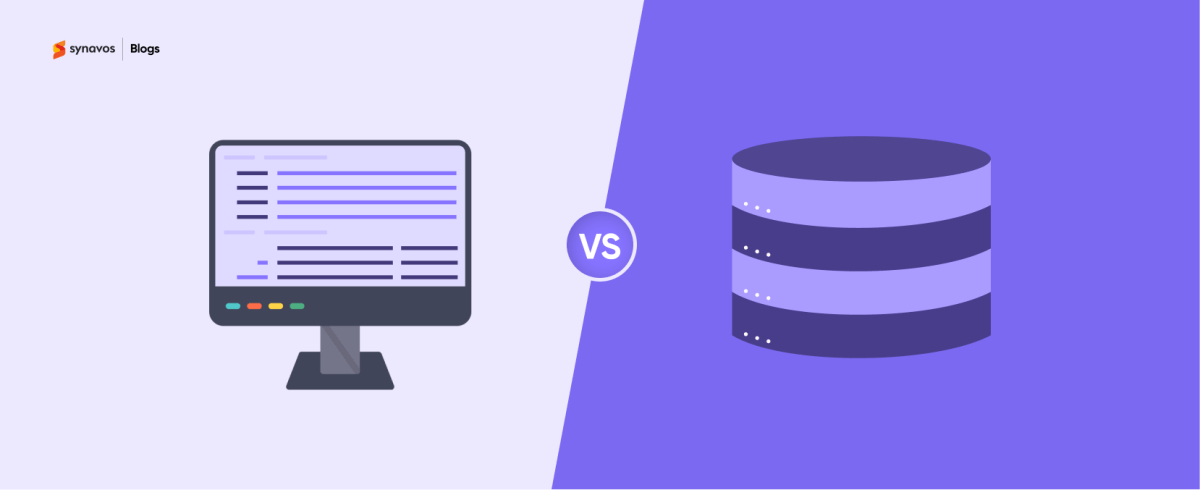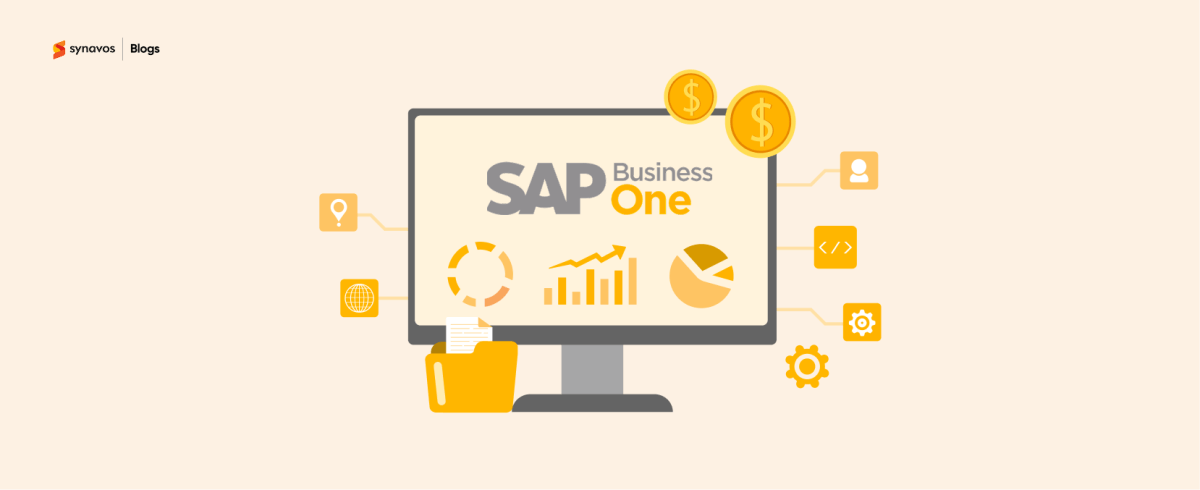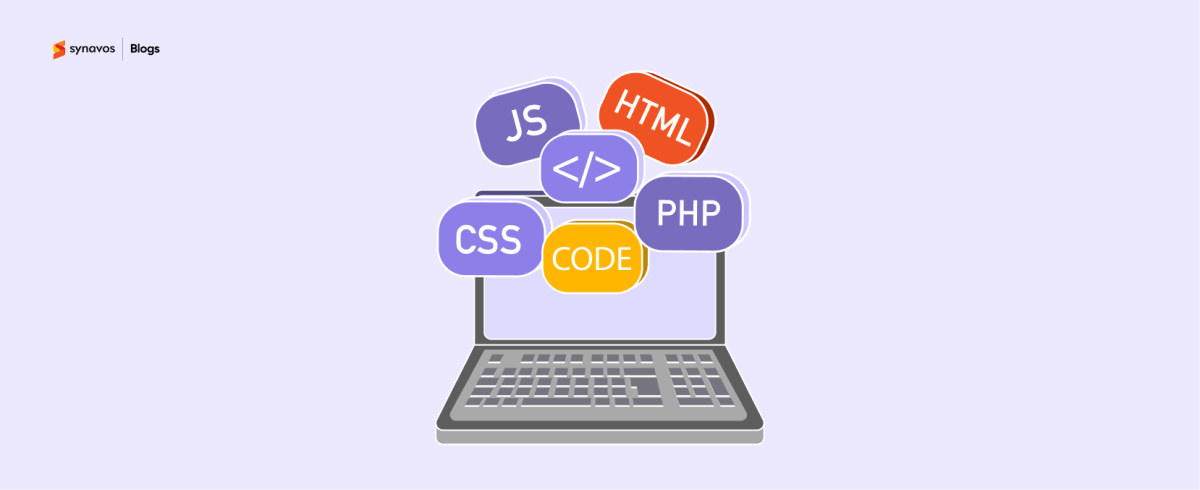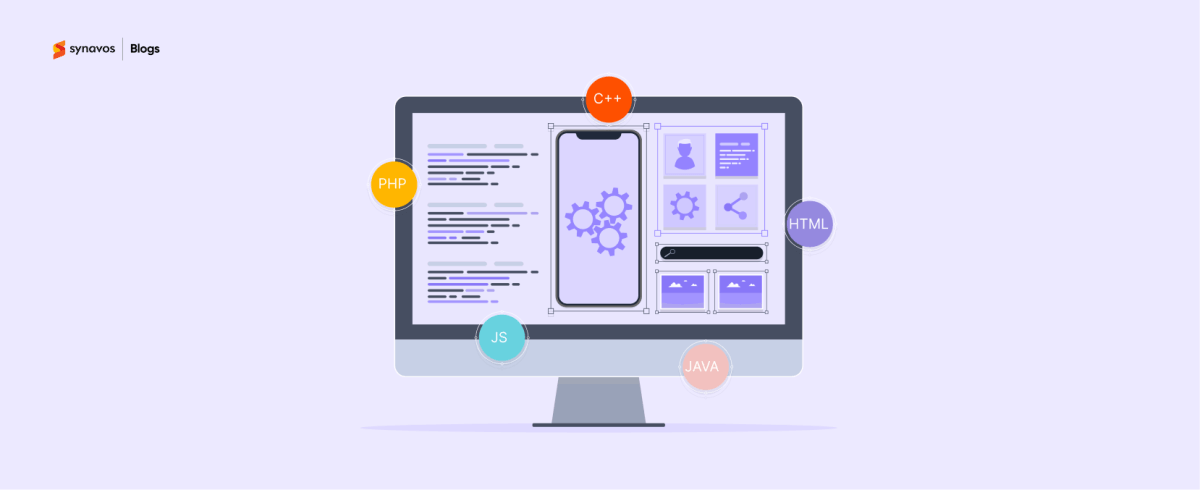In 2025, the Federal Board of Revenue (FBR) is changing how you manage invoices. From now on, every invoice issued must be digital, sent in real time, and connected directly to FBR’s system. The latest notification on 1 August 2025 set strict deadlines, starting in September for large companies and extending to December for everyone else. Missing your date could mean heavy fines or business disruptions.
This guide explains the updated regulations, how they affect your business, the deadlines you must meet, and the exact steps to stay compliant and avoid penalties.
Background & Regulatory Changes
The Federal Board of Revenue has been gradually introducing digital invoicing to improve transparency and modernize the country’s tax system. Initially, e-invoicing requirements applied only to specific sectors such as fast-moving consumer goods (FMCG). Over time, the scope expanded to include more industries, laying the groundwork for a nationwide mandate.
In 2025, the shift became unavoidable. Through S.R.O. 69(I)/2025, issued in January, the FBR required sales tax-registered businesses to integrate their systems for real-time invoice reporting. Later, S.R.O. 709(I)/2025, released in April, extended the mandate to cover corporate and non-corporate taxpayers.
The most decisive step came on 1 August 2025, when the FBR issued its latest notification finalizing the phased implementation schedule. Through S.R.O. 1413 (l)12O25, FBR provided a clear roadmap for all registered businesses, with rollout dates beginning in September for large companies and ending in December for the remaining taxpayers.
To learn more about digital invoicing and its benefits for your business, refer to our blog What is E-invoicing & Why It’s Important for Businesses?
Implementation Timeline for E-invoicing
The following schedule is based on the Federal Board of Revenue’s notification dated 1 August 2025 (as published in the official Gazette). This update finalized the phased rollout for mandatory digital invoicing, giving every registered person a clear deadline for registration, testing, and go-live. Below is the phased rollout schedule as per FBR’s notification:
Large/Public Companies & Importers
- Register by 10 August 2025
- Complete testing by 25 August 2025
- Mandatory go-live from 1 September 2025
Firms/Individuals with Turnover Above PKR 100M
- Register by 10 September 2025
- Complete testing by 30 September 2025
- Mandatory go-live from 1 October 2025
Smaller Businesses with Turnover below PKR 100M
- Register by 10 October 2025
- Complete testing by 30 October 2025
- Mandatory go-live from 1 November 2025
All Remaining Registered Persons
- Register by 10 November 2025
- Complete testing by 30 November 2025
- Mandatory go-live from 1 December 2025
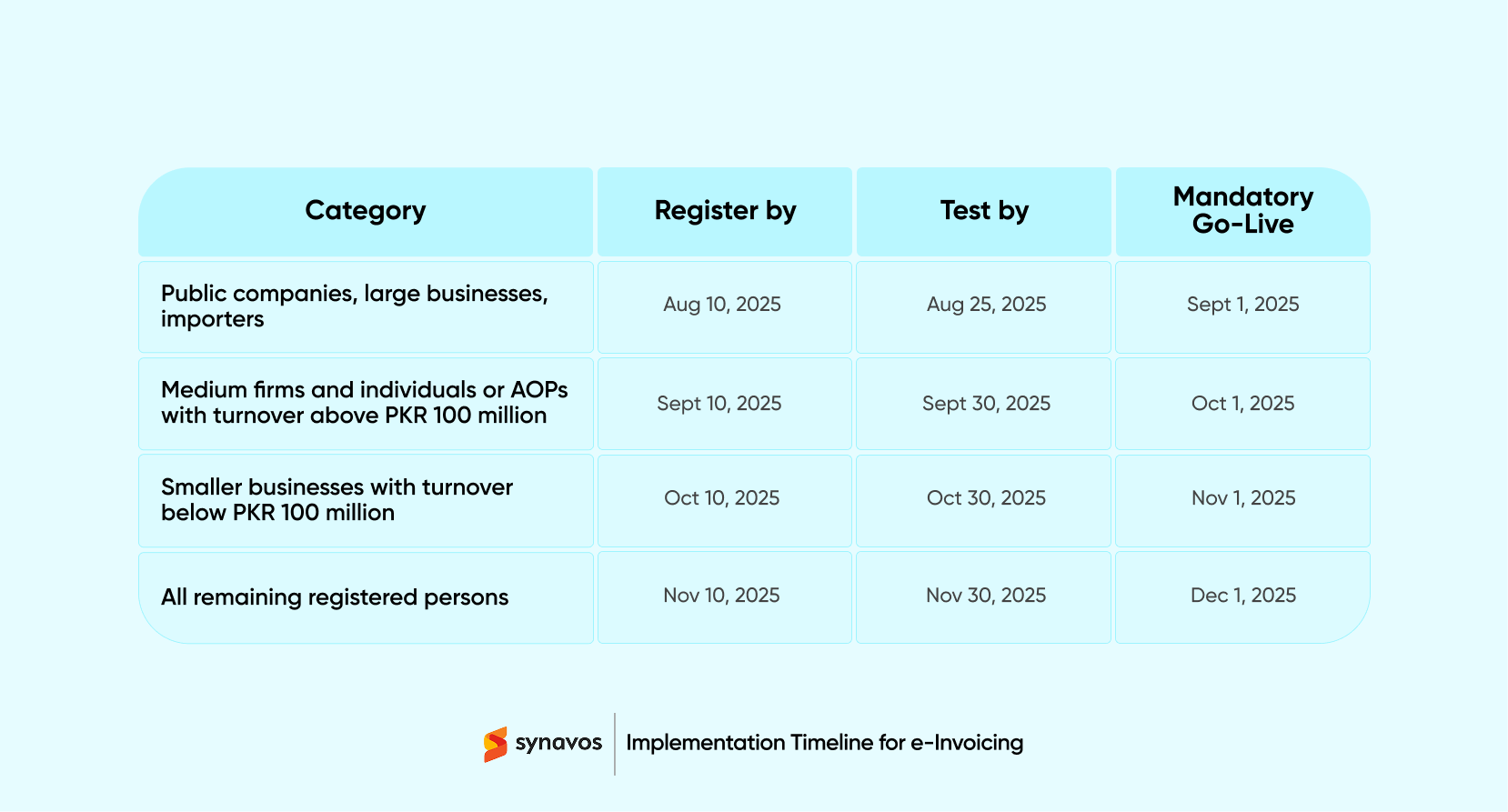
To learn more about which businesses need to comply, check out our full blog on FBR Digital Invoicing: Which Businesses Must Comply?
E-invoicing Compliance Requirements
To stay compliant with FBR's digital invoicing mandate, businesses must meet specific technical and procedural standards. Here’s a breakdown of the critical requirements:
1. Mandatory Invoice Elements
- QR Code: Each invoice must include a QR code. This ensures that FBR can validate the invoice in real time, making the process more transparent and tamper-proof.
- 22-Digit Invoice Number: Every invoice must have a unique 22-digit number generated by the FBR system. This identifier ensures that invoices are traceable and can be easily cross-checked.
- Real-Time Data Submission: Invoices must be submitted to FBR’s system immediately upon issuance. This allows for a seamless, automated process, reducing human errors and ensuring all invoices are recorded in real time.
2. Integration with FBR’s System
- Approved Integrators: Businesses must choose an FBR-licensed integrator or use PRAL (the free government option) to transmit invoices to FBR’s system. These integrators ensure that your invoices meet FBR’s technical requirements and are processed smoothly.
3. Archiving and Record-Keeping
- Six-Year Storage Requirement: All digital invoices must be securely stored for at least six years. This ensures that your records are available for review during tax audits or investigations.
- Audit Readiness: Your archiving system must be capable of quickly retrieving invoices if needed by the FBR or other authorities for verification. It’s essential to ensure the data is well-organized and easily accessible.
Integration with FBR’s System
There are two main options: PRAL (the free option) and licensed third-party integrators. Each has its own advantages and considerations, so it’s important to pick the one that best suits your business needs.
PRAL (Free Government Option)
PRAL (Pakistan Revenue Automation Ltd) is the government’s free platform for businesses to integrate with the FBR system. Here’s what you need to know:
- Cost: Free for all businesses.
- Integration: PRAL offers tools for direct integration with the FBR system, allowing you to submit invoices, track compliance, and store records while integrating seamlessly with your existing software.
- Ease of Use: PRAL is designed for small and medium-sized businesses. It’s a straightforward solution, but it may have a steeper learning curve if your business has complex invoicing needs.
- Support: Government-provided support is available, but it may not be as fast or specialized as third-party providers.
- Limitations: While PRAL is suitable for many businesses, it might not have the same advanced features or customization options offered by licensed integrators, which could be a limitation such as for larger firms with complex systems.
Licensed Integrators (Third-Party Providers)
For businesses with more complex needs, licensed integrators are a good choice. These are third-party providers approved by FBR to handle your invoicing and integration needs.
- Cost: Varies depending on the provider and features, but it typically involves a subscription or one-time setup fee.
- Integration: Licensed integrators offer a seamless connection with FBR, and many of them integrate with your existing accounting or ERP systems.
- Ease of Use: Integrators offer highly user-friendly interfaces, often with extra features such as automated invoice generation, detailed reporting, and multi-user support. These systems can scale with your business as it grows.
- Support: Licensed integrators typically provide 24/7 customer support, and many offer training and additional resources to ensure your system runs smoothly.
- Customization: These solutions are highly customizable and can be tailored to meet your specific business needs, from different tax structures to industry-specific invoicing formats.
Penalties for Non-Compliance
Failing to comply with the FBR digital invoicing requirements can result in severe financial and operational consequences. There are some serious consequences for missing the mark. The FBR is making sure businesses follow these new rules, and here’s what happens if you don’t:
1. Monetary Fines
If your business fails to issue a digital invoice, you may be fined a flat fee of PKR 50,000, or up to 2% of the tax involved in the transaction, whichever is greater. This fine can increase if the issue continues over time.
2. Daily Penalties
PKR 25,000 per day if you don’t submit invoices on time or if your invoices are rejected for errors.
3. Suspension of Business Operations
Businesses that repeatedly fail to comply with the e-invoicing mandate can face a temporary suspension of operations. This may include restrictions on issuing invoices, collecting payments, or conducting transactions in the market until full compliance is achieved.
4. Blacklisting and Reputational Damage
Non-compliance can also get you placed on the Active Taxpayer List (ATL) blacklist. This can prevent you from accessing government contracts, loans, and other business opportunities. It’s not just about fines but trust. A damaged reputation from being flagged as non-compliant can erode customer trust, lead to a loss of business, and market share.
5. Risk of Audit and Investigation
Non-compliant businesses are more likely to face tax audits. If FBR finds discrepancies in your invoicing, it can trigger a full investigation into your tax records, potentially leading to additional fines and penalties. In addition, if your digital invoices are found to be inconsistent with tax laws, further financial repercussions are likely.
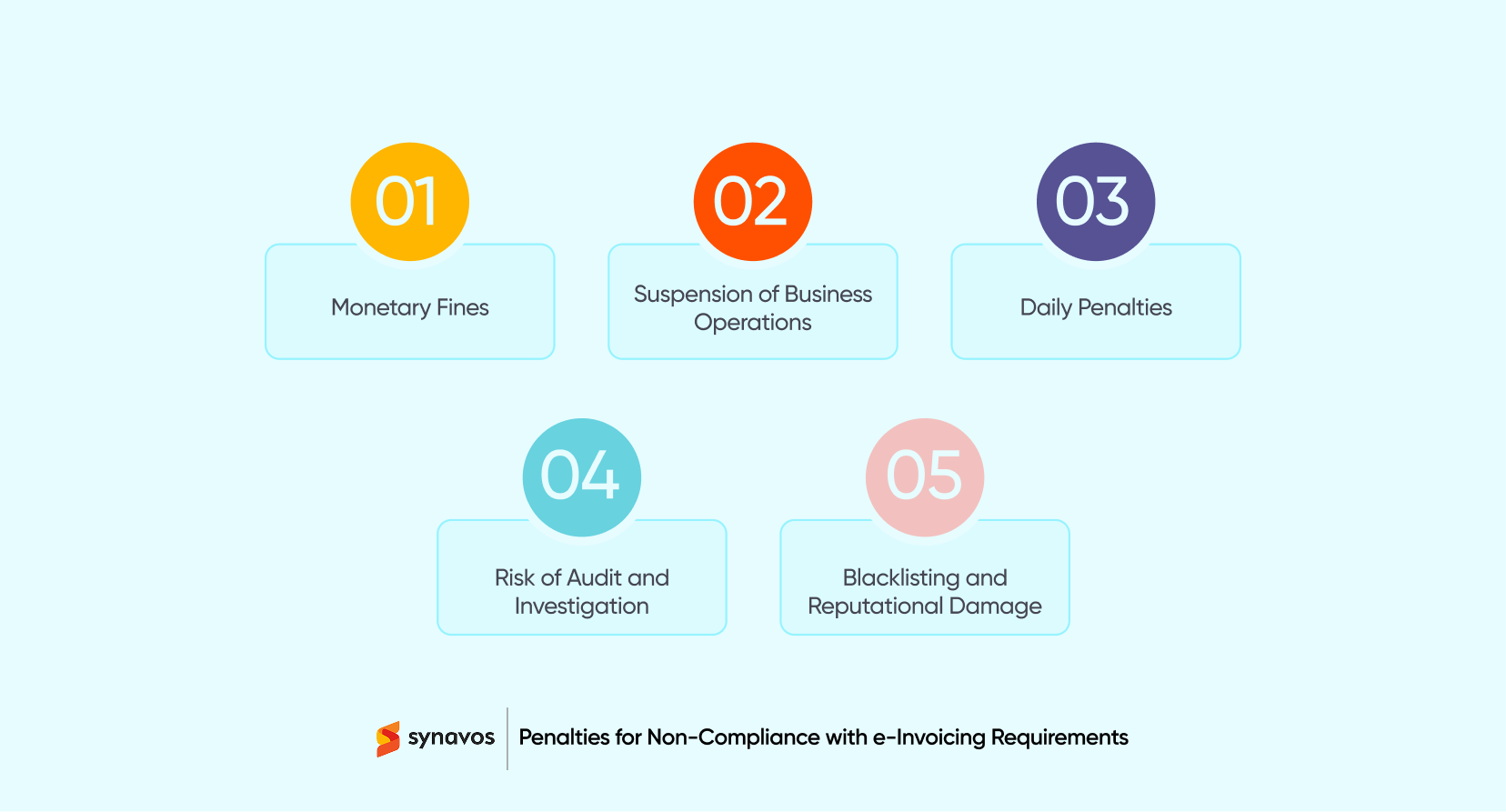
Check out our comprehensive blog on E-Invoicing Solution in Pakistan: 7 Mistakes to Avoid and safeguard your business from penalties.
Digital Invoicing Compliance Checklist
To ensure you’re fully compliant with the FBR digital invoicing mandate, follow this simple checklist:
- Identify Your Category: Determine whether your business falls under large/public companies, medium-sized firms, smaller businesses, or other registered persons.
- Select Your Integration Method: Choose between PRAL (free) or a licensed third-party integrator based on your business needs and budget.
- Complete Registration: Register your business in IRIS or with an FBR-approved integrator. Ensure your profiles, branches, and systems are up to date.
- Test the System: Connect to the test environment, generate sample invoices, and fix any issues or validation errors before proceeding.
- Go-Live Before the Deadline: Switch your invoicing systems to real-time submission before the go-live date specified for your category.
- Train Staff & Monitor Compliance: Educate your finance and sales teams on the new process, ensuring they understand the technical requirements and deadlines. Continuously monitor the system for any compliance issues.
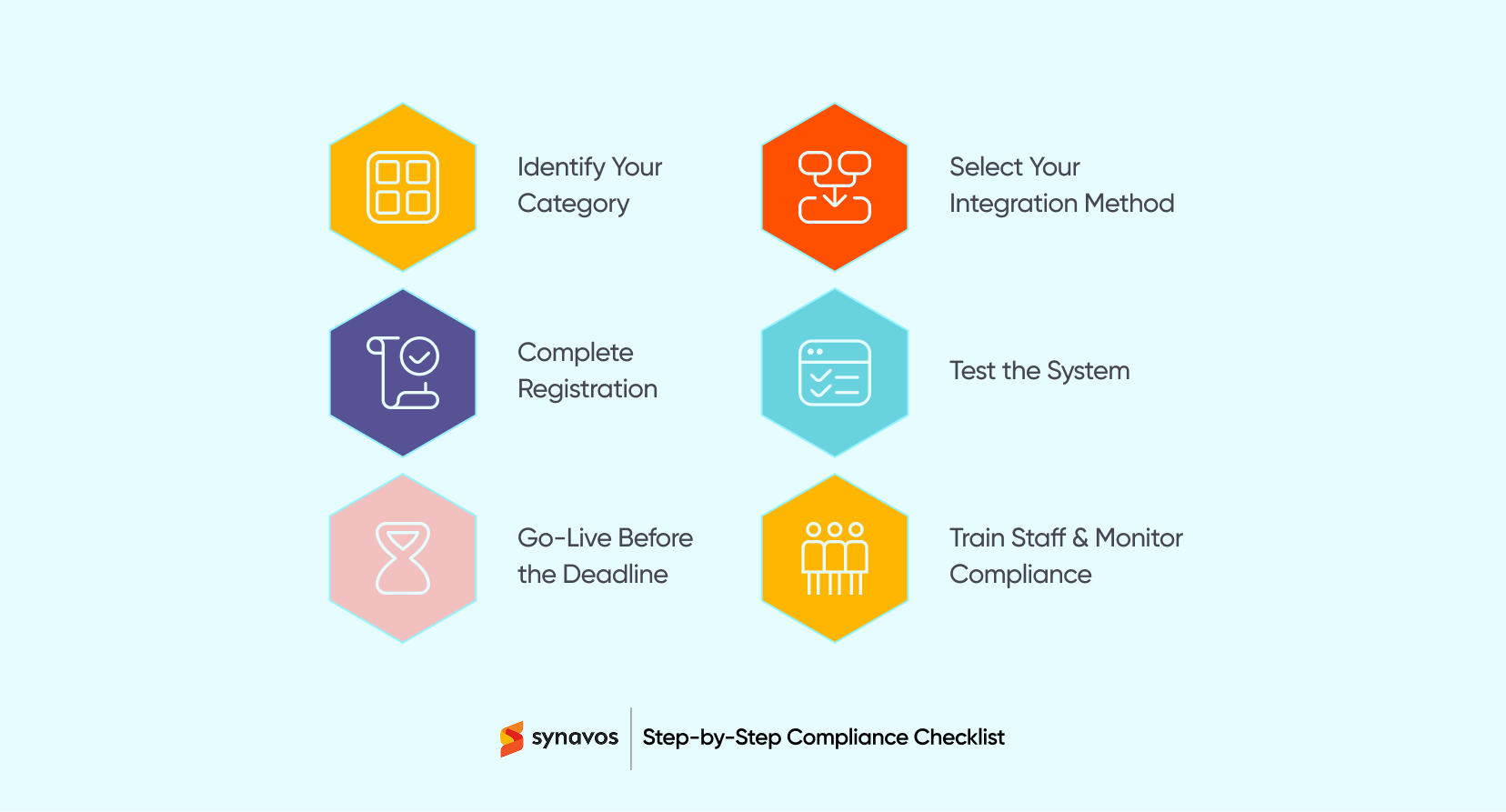
Conclusion
The FBR digital invoicing deadline is near, and compliance is essential for all registered businesses. However, missing the deadline could lead to severe fines, daily penalties, and disruptions to your operations. That’s why businesses need to act early, as they will have a better chance of avoiding problems and benefit from smoother invoicing.
How Can Synavos Help?
At Synavos, we make sure your system is fully compliant with FBR’s digital invoicing regulations, whether you're using SAP, Odoo, MS Dynamics, QuickBooks, Zoho Books, or a custom solution. Our experts deliver end-to-end e-invoicing integration services, so you can focus on your business without the stress of penalties or disruptions.
Reach out to us and start the integration process today, rest easy knowing you're on the right track.
